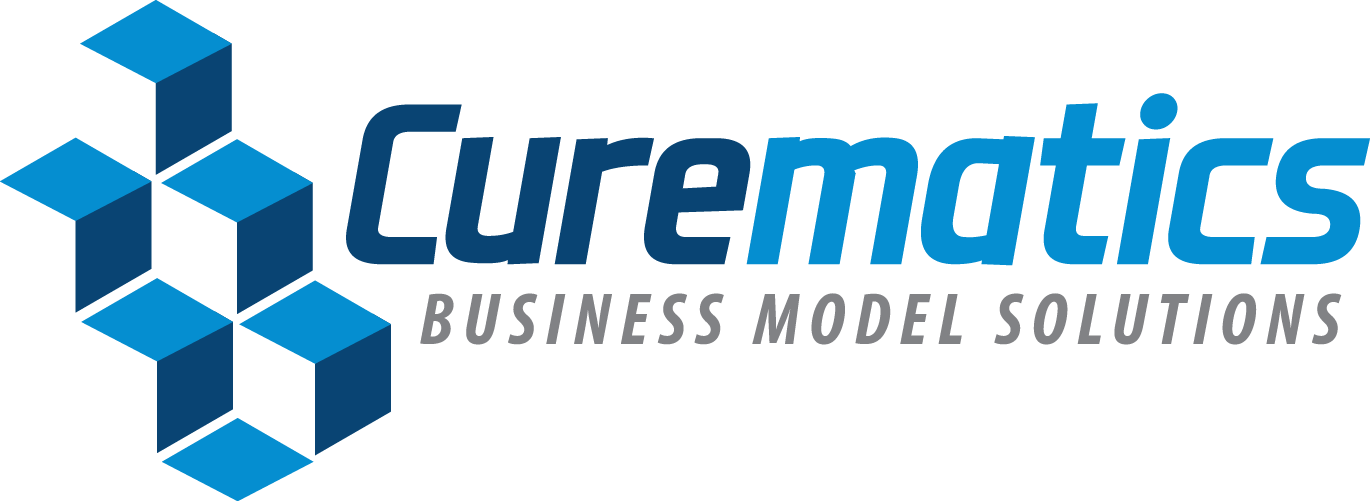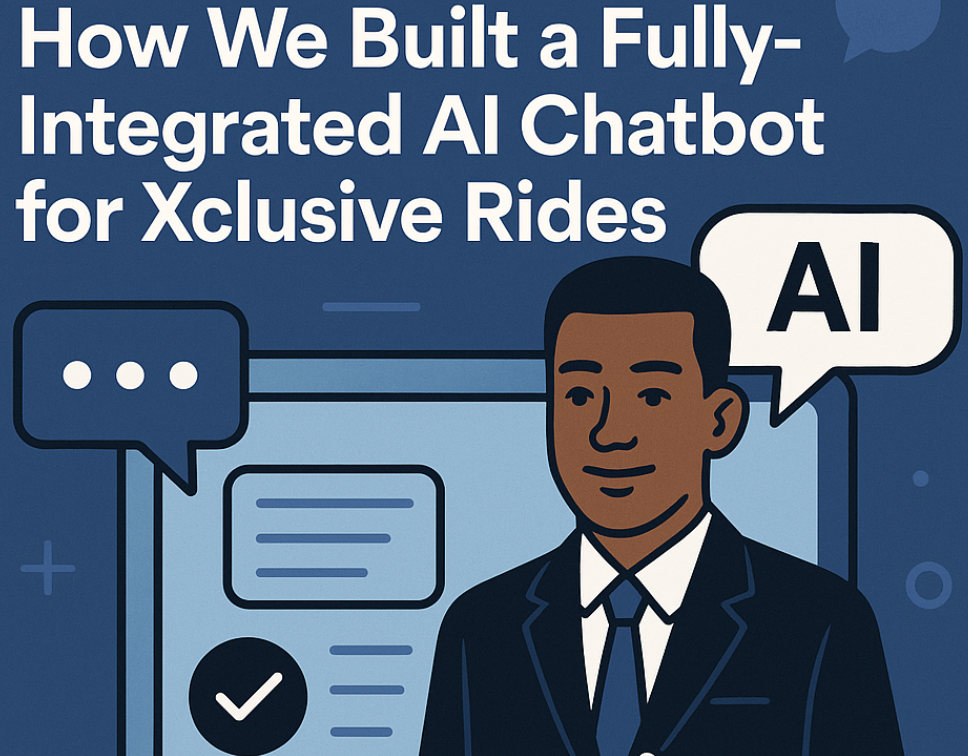Navigating the Transition Business Model Solutions Amid Yelp's Feature Discontinuation
Navigating Yelp's Feature Changes Strategies to Adapt and Thrive After the Discontinuation of Deals, Gift Certificates, and Check-in Offers
In today’s SaaS and digital economy, businesses must adapt quickly to feature changes from platforms they rely on. The recent announcement from Yelp regarding the discontinuation of Deals, Gift Certificates (October 28th), and Check-in Offers (November 15th) marks an important shift for businesses that use these tools for customer engagement and revenue generation. Understanding how such changes impact business models, especially for small and medium enterprises (SMEs), is critical for sustained growth.
In this article, we’ll explore the business implications of this change and how businesses can pivot their strategies by leveraging alternative tools and rethinking their business models to maintain a competitive edge.
How Does This Impact Business Model Solutions?
When platforms like Yelp sunset features such as Deals, Gift Certificates, and Check-in Offers, it affects multiple elements of a business's value proposition and operational model. Here’s a breakdown of the affected areas:
Value Proposition Shift:
- Deals and gift certificates are often a core part of a company’s offering, especially for retail, dining, and service-based businesses. Their removal may disrupt loyalty strategies.
- Customer acquisition strategies tied to discounts or incentives may need to shift, requiring businesses to find new ways to create value without discounts.
Revenue Stream Impact:
- Discount-based revenue strategies (e.g., flash deals or pre-purchased gift certificates) need alternative structures.
- Loss of upfront cash flow from prepaid gift certificates might affect businesses that rely on this source to manage cash liquidity.
Customer Relationship Challenges:
- Check-in offers foster customer loyalty by incentivizing repeat visits. Without this, businesses need new ways to engage loyal customers.
- There may be a decline in repeat business if effective replacement strategies aren’t adopted.
Operational Dependencies:
- Businesses that fail to download past purchase and redemption data before December 9th may lose access to critical analytics and historical insights.
- The sudden shift requires operational agility, as businesses need to transition customer communication and promotions to new channels.
Key Steps to Adjust Your Business Model
To minimize disruption and capitalize on new opportunities, businesses must adapt with both short- and long-term strategies. Below are actionable solutions
1. Data Migration and Preservation
Before the December 9th deadline, businesses need to:
- Download all purchase and redemption records for Deals, Gift Certificates, and Check-in Offers.
- Analyze this data to understand customer preferences, usage patterns, and engagement trends.
This insight can guide future decisions on promotions and offer management through other channels.
2. Explore New Promotion Channels
Yelp offers two alternatives to replace the discontinued features: Yelp Connect and Custom Call-to-Action (CTA). These tools allow businesses to remain visible and drive customer engagement.
- Yelp Connect: Share updates, promotions, and announcements to engage customers actively.
- Custom Call-to-Action: Drive visitors to specific pages (e.g., reservation platforms, product pages) using targeted CTAs to convert traffic effectively.
3. Integrate Alternative Marketing Tools
Businesses should look beyond Yelp for other digital solutions:
- Social Media Promotions: Platforms like Instagram, Facebook, or Google My Business allow promotions with better audience targeting.
- Loyalty Programs through SaaS Tools: Tools such as Square, Shopify, or Zoho CRM allow businesses to run loyalty and gift card programs independently.
- Email Marketing Automation: Leverage platforms like Mailchimp or Klaviyo to send targeted offers to past deal or certificate users.
4. Reframe Value Proposition with Customer Experience
Rather than relying on discounts, businesses can shift toward value-added services:
- Offer VIP experiences for repeat customers.
- Focus on subscription services or memberships to build predictable, long-term revenue streams.
- Introduce referral incentives to drive organic growth without heavy discounting.
5. Reevaluate Pricing and Promotion Strategies
With the removal of feature-based discounts, businesses must adopt alternative pricing models:
- Bundling Products or Services: Encourage higher-value purchases by packaging complementary services or items.
- Time-limited offers: Run promotions on special events or holidays through other platforms to create urgency.
- Experiential Marketing: Focus on experiences or unique services that build brand value rather than competing on price.
The Role of Agility in Business Models
This transition underscores the importance of agility within modern business models. Platforms that provide SaaS-based solutions will often introduce or sunset features in response to market trends or operational strategies. Businesses dependent on these tools must adopt agile business models that allow them to pivot smoothly when features or services become unavailable.
Key takeaways for businesses include:
- Future-proofing strategies by diversifying promotion channels.
- Investing in first-party data collection (e.g., through CRM tools) to maintain control over customer insights.
- Constantly exploring new value streams beyond discounts, focusing on loyalty and experience-driven engagement.
Embrace the Shift for Sustainable Growth
While the discontinuation of Yelp’s Deals, Gift Certificates, and Check-in Offers may initially feel disruptive, it presents an opportunity for businesses to rethink their customer acquisition and retention strategies. By adopting alternative promotion channels, integrating new SaaS tools, and reframing their value propositions, businesses can not only maintain but enhance their market positioning.
At Curematics, we emphasize the importance of adaptable business models in the face of change. This situation serves as a reminder that agility and proactive strategy are essential in today’s evolving digital landscape. By embracing new tools and strategies, businesses can convert challenges into opportunities and ensure sustainable growth.
Now is the time to assess your promotional strategy and adjust your business model to align with emerging trends. Use this transition as a springboard for growth by focusing on value-driven engagement and strategic promotions—and stay ahead of the curve in the ever-changing SaaS landscape.











